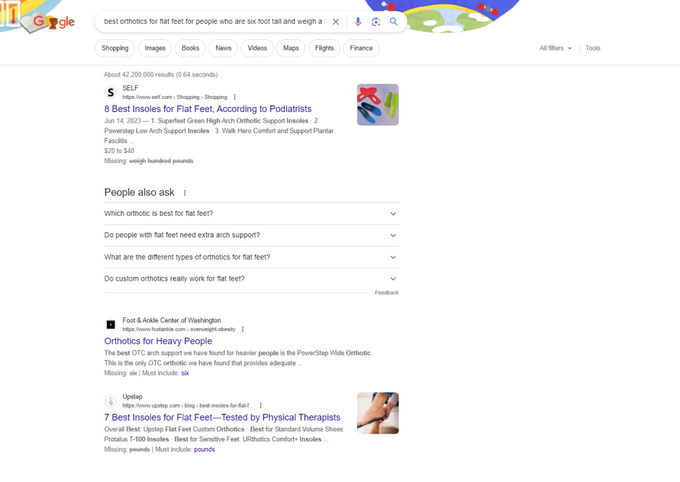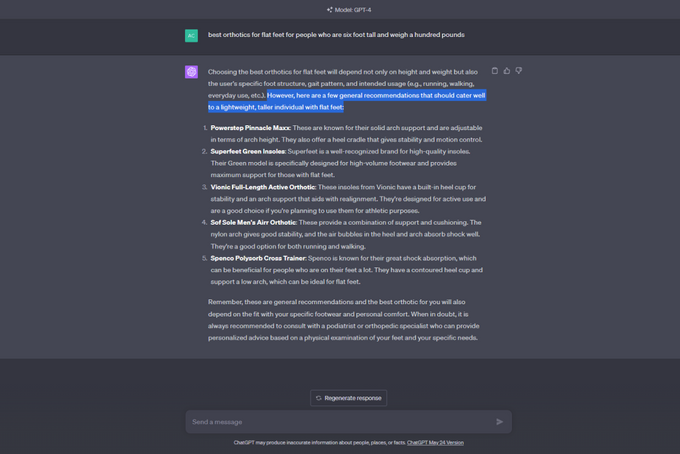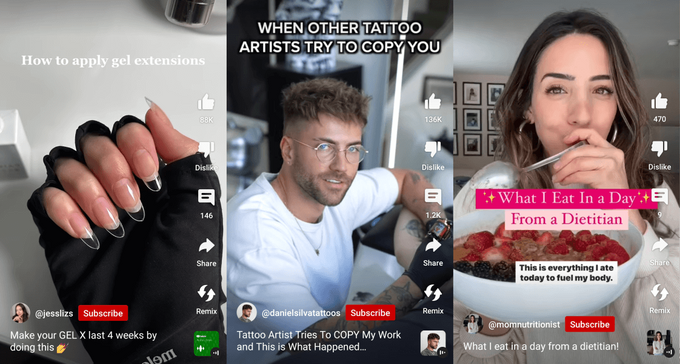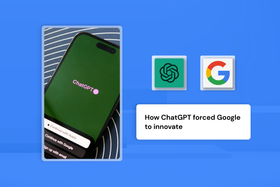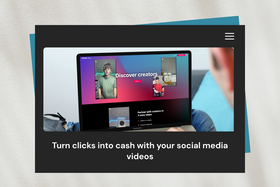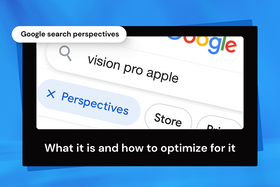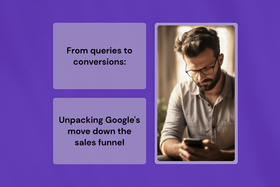AI's blind spot: 3 types of content machines can't master
Published June 13, 2024
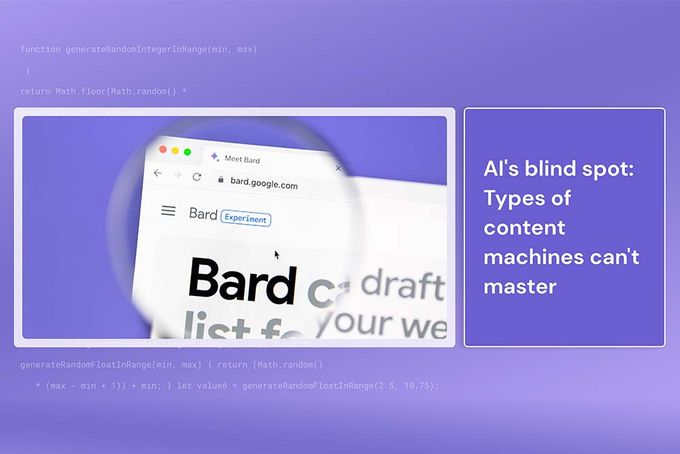
AI Summary
Key takeaways
- AI struggles to replicate a human touch in content
- AI constructs responses by synthesizing information from various sources
- AI can't generate authentic content, opinions, and personal experience
- Creators should leverage AI as a tool, not a competitor
When it comes to the capabilities of AI, we find its strengths in data-heavy tasks and summarizing extensive information. However, the intricate shades of human experience often elude AI's grasp. So, let's probe into the world where AI's reach currently falls short and the human touch in content creation remains paramount.
How does AI-generated content work?
Modern AI like Bard (now Gemini) and ChatGPT interact with Google and Bing, respectively, making them extensions of these search engines. However, the difference lies in AI’s ability to answer complex queries using information from multiple sources.
For instance, if you search for “best orthotics for flat feet for people who are six foot tall and weigh a hundred pounds,” Google will primarily target "best orthotics for flat feet." It wouldn't typically incorporate the rest of the details in the query.
AI, on the other hand, is capable of synthesizing information from various sources or even within a single article to construct a comprehensive response. It's equipped to answer multi-faceted questions, demonstrating its capacity to digest information and generate insightful answers.
» Find out if ChatGPT is a threat to Google.
3 types of content AI can’t generate
AI doesn't just digest content on the internet and regurgitate summaries. It can formulate conclusions and provide insights.
This raises two considerations:
- How will creators integrate AI into their content creation?
- Could AI potentially replace creators altogether?
1. Authentic content
People crave genuine human experiences, often represented in social media content like pictures of food or vacations. This type of authentic content, which offers a glimpse into the lives of others, is something that AI might struggle to generate effectively.
2. Opinions
While AI-driven search might generate opinions based on large data sets, it may not resonate as human opinions do. AI's understanding of the human experience is limited, potentially reducing interest in its opinions. For example, you'd be much less likely to take AI-generated reviews or thought leadership content seriously.
3. Personal experience
Content about new or personal experiences presents another limitation for AI. For instance, sharing lessons you learned from your workplace or personal life, expert perspectives, or unique insights just isn't possible for AI.
The interplay between human input and AI
AI is poised to replace creators in certain aspects, especially where answering questions is concerned. Tools like Gemini and ChatGPT can read an entire website and provide succinct answers. However, the adoption of AI responses will depend on user trust and the desire for human opinions.
Ultimately, the question is about the balance between human and AI roles.
AI will likely replace content that's fact-based or doesn't present a new viewpoint, such as historical dates or events. It can also handle coding and formula writing. However, when it comes to sharing personal experiences, knowledge, and opinions, human input will still be crucial and highly valued.
» Discover how AI-generated content affects SEO.
What does this mean for content creators?
Creators still have a role in this landscape, but they need to adapt quickly. The crux of this technological shift lies in how people harness technology to create compelling content. It will generate more variety, potentially leading to more job opportunities.
The key lies in understanding how to use AI as a tool rather than viewing it as a competitor, much like in past technological revolutions. The primary goal of your content should always be to provide the best user journey.
